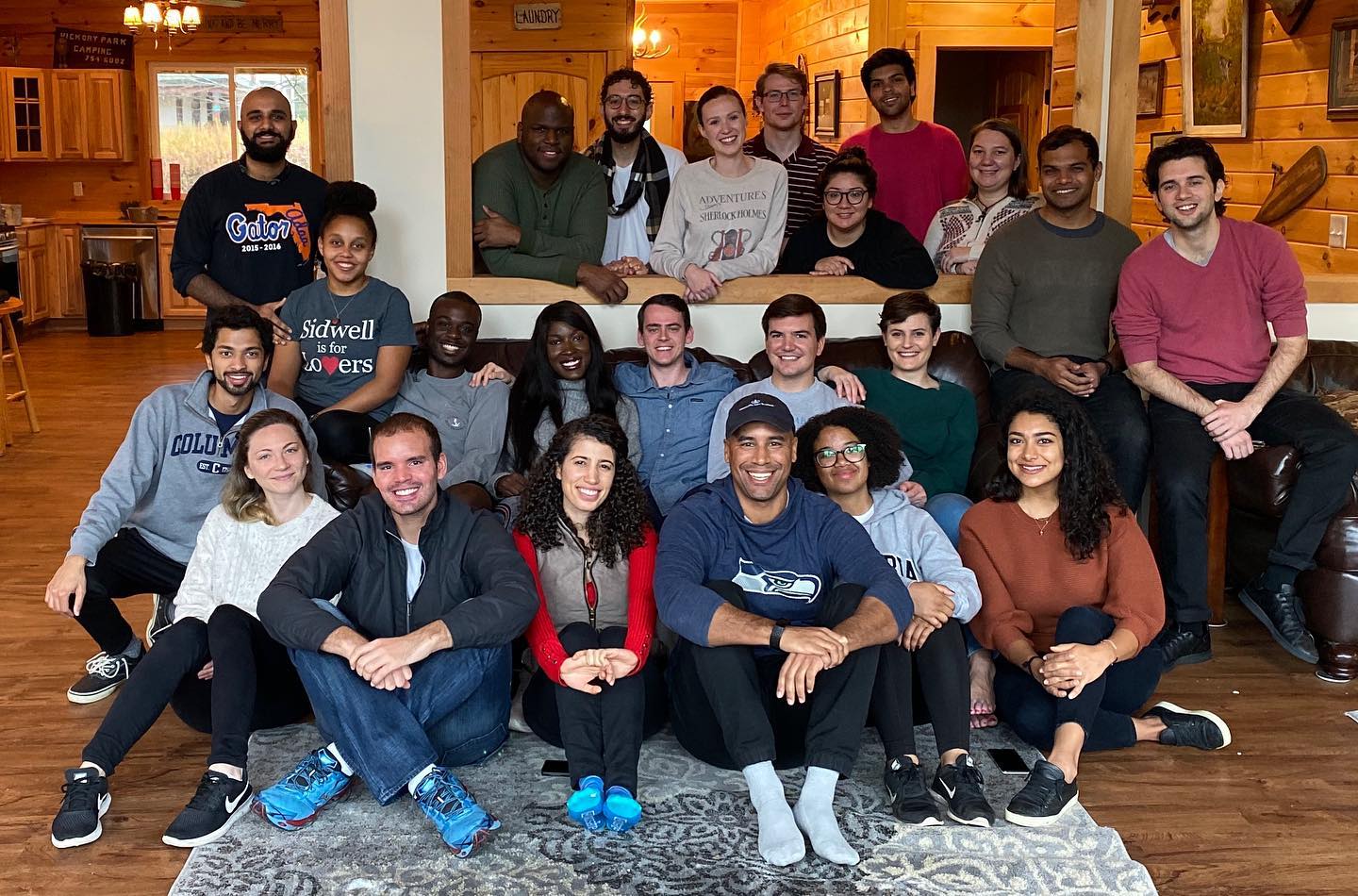by Zoe Bush, ’20 LL.M.

Prior to commencing a LL.M. at Columbia, I worked with First Nations communities in Western Australia to reduce incarceration rates of First Nations youth with Fetal Alcohol Spectrum Disorder. In particular, we sought to end the indefinite detention of their young people who were found unfit to stand trial due to cognitive impairments.
While our law reform proposals had gained some traction – one proposal was adopted by a Standing Committee of the Australian Senate, while others were recommended by Amnesty International – they had translated into minimal meaningful change for First Nations people. First Nations incarceration rates continued to exponentially increase despite decades of advocacy for reform.
I came to Columbia to explore advocacy strategies that might achieve meaningful change. I was particularly eager to learn more about the growing phenomenon of movement lawyering – lawyering that supports and advances social movements led by directly-impacted grassroots communities, and combines defensive work with offensive and visionary work.
By the beginning of Fall semester, I already knew I’d come to the right place. I took the Law, Power and Social Change externship with the Center for Popular Democracy, where I worked with grassroots organizations to end school-to-prison pipelines in their communities.
Law for Black Lives (L4BL) was one of those organizations. Formed out of the 2014 uprisings in Ferguson and Baltimore, they are the Black femme-led legal arm of the Black Lives Matter movement. They use the law “to embolden, defend and protect the growing movement for Black liberation,” and aim to transform “the field to represent the values of movement lawyering, which are centered in building community power and democratizing the law.”
I was impressed by L4BL’s work on school-to-prison pipeline campaigns, and applied to work with them so I could continue to assist the communities and movements they serve, and learn how movement lawyering works in practice.
Thanks to Columbia’s LL.M. Public Interest Fellowship, I was able to commence a 2 month fellowship with them at the beginning of June.
Black Lives Matter protests sparked by George Floyd’s murder at the hands of Minneapolis police have made it a busy month – L4BL has been working with organizers around the US to provide legal support and infrastructure for protestors, and to further grassroots campaigns to defund the police.
I am incredibly grateful to CLS and the phenomenal team at L4BL for the opportunity to witness how L4BL is rising to this historical moment in the movement for Black lives. Only a month into the fellowship, I have already learned a great deal about how us lawyers can empower First Nations communities to reduce the reach of the settler-colonial carceral state in Australia.
